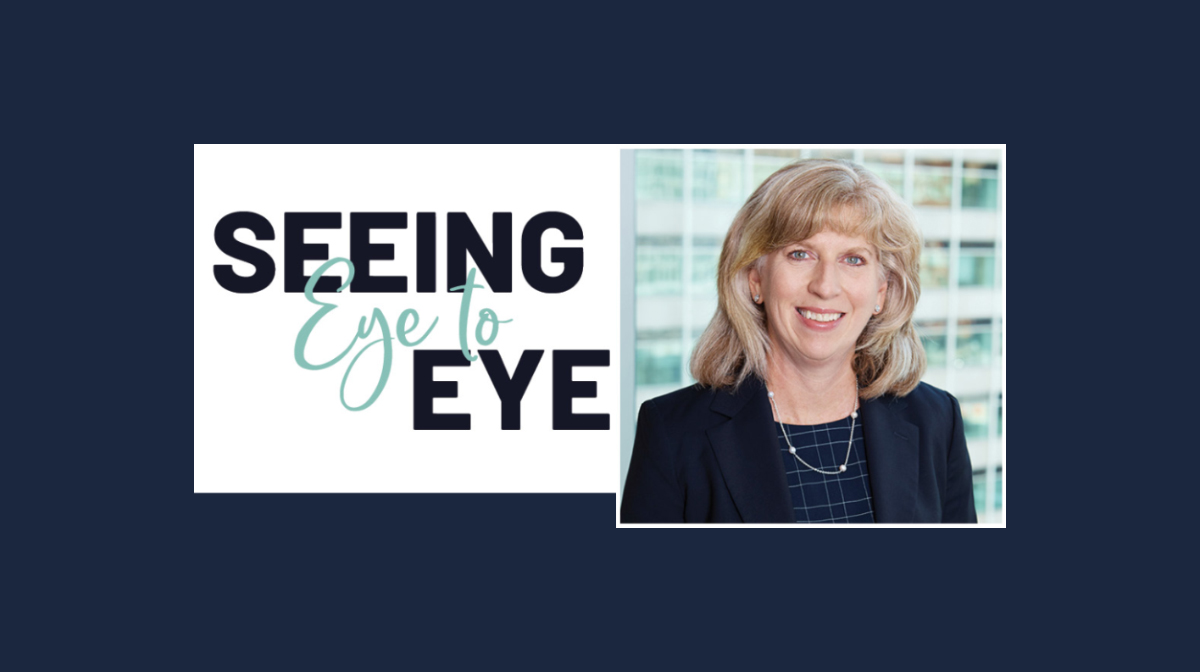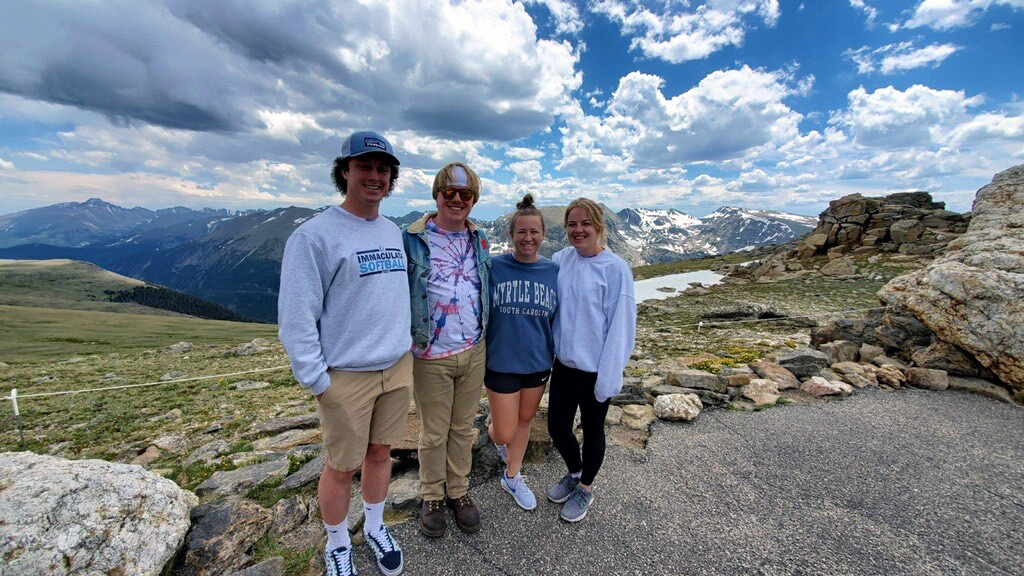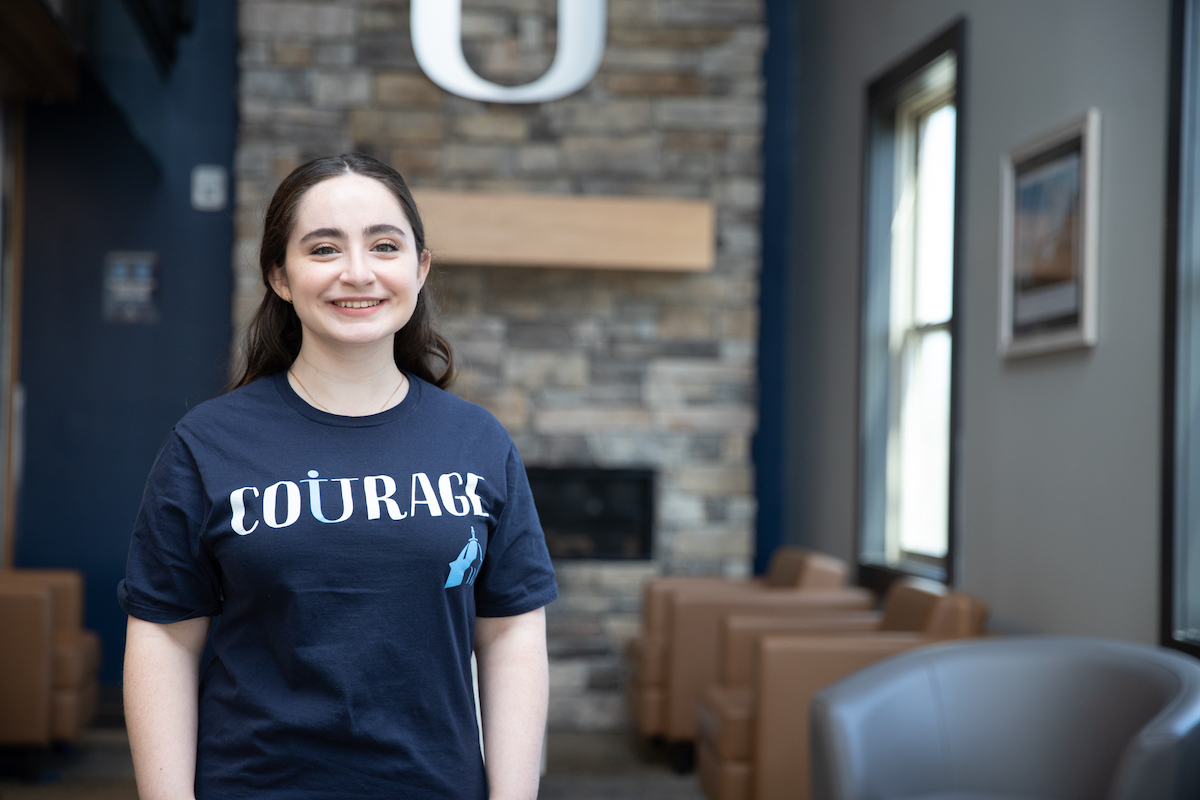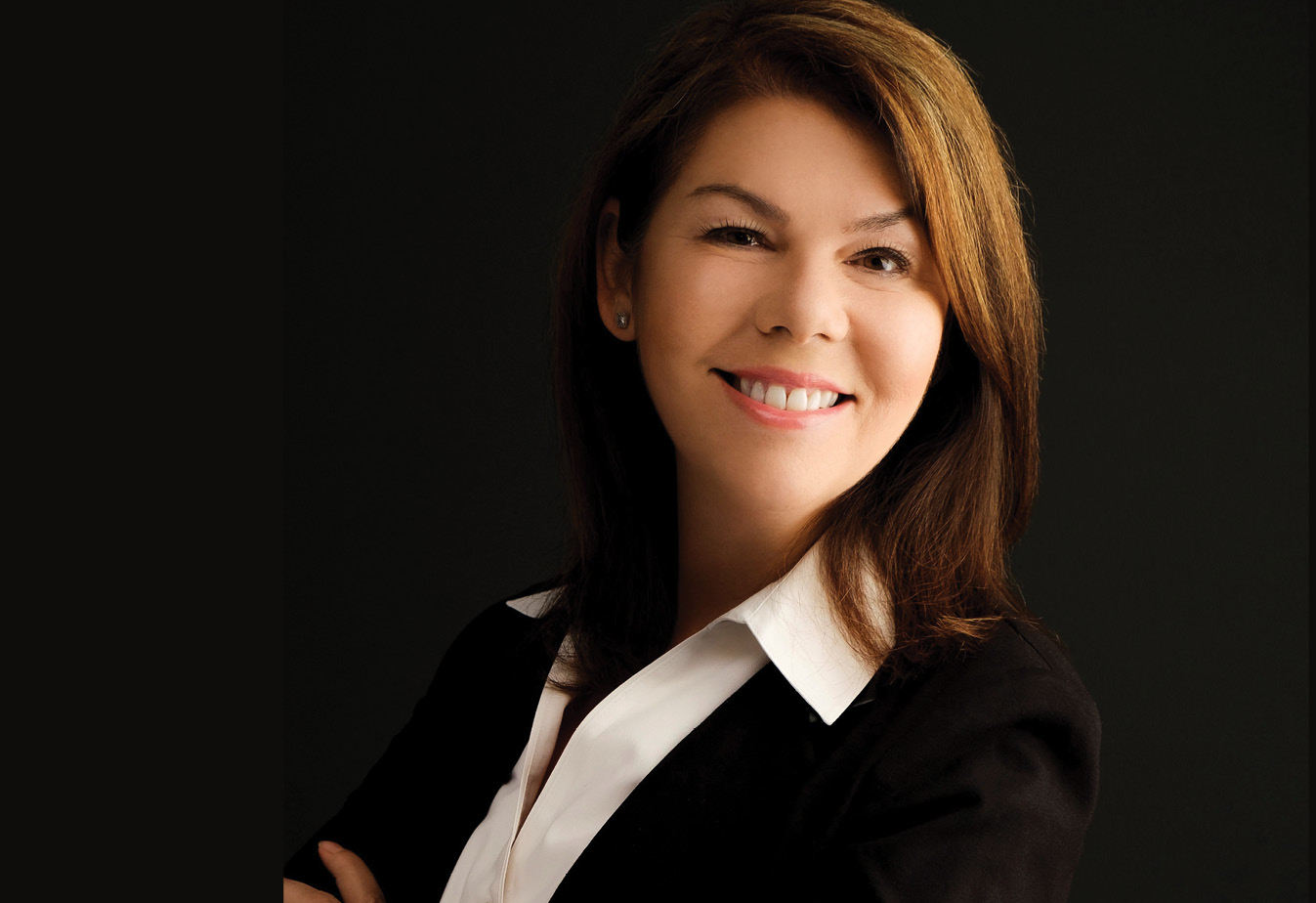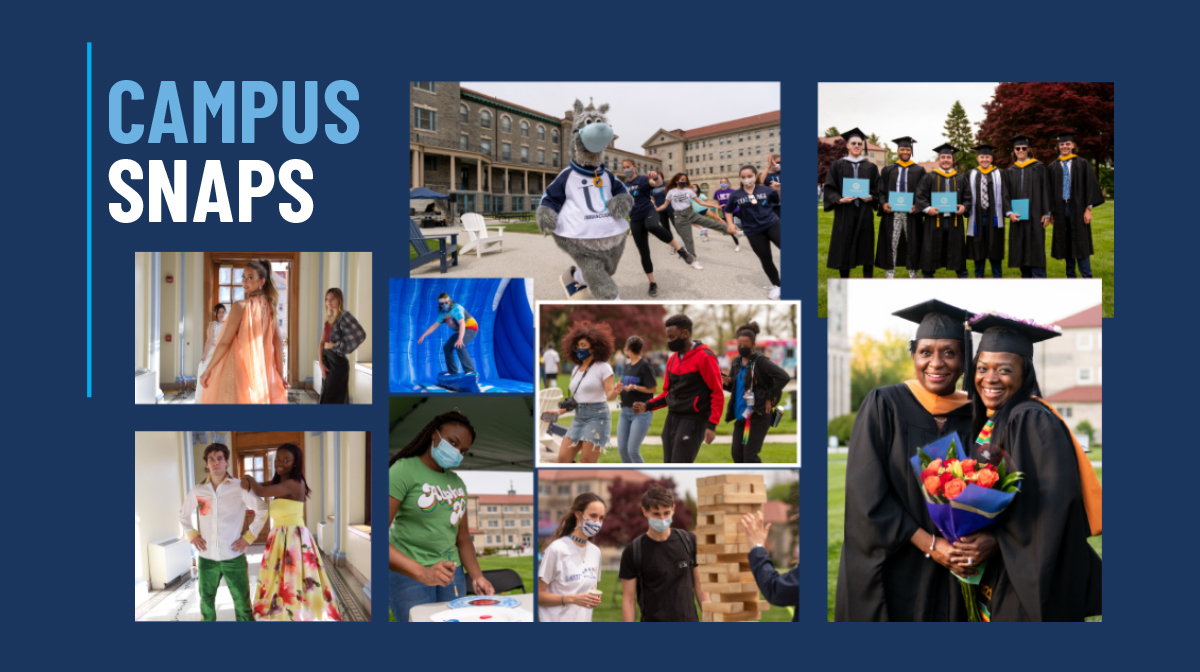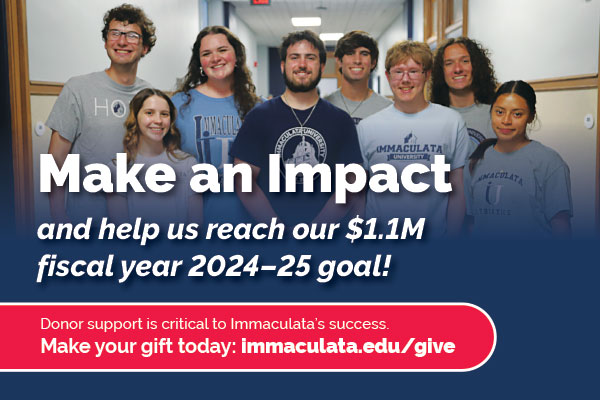After a successful business career within the health care industry, Karla Seiger McCaney ’87 accepted the position of president and CEO of the Associated Services for the Blind and Visually Impaired (ASB) in 2017. ASB is the largest provider of services to people living with vision loss in Greater Philadelphia.
Pennsylvania is home to the second oldest population in the U.S.—next to Florida—which means the number of Pennsylvanians living with vision loss will increase as the population continues to age. McCaney also points out that Philadelphia has the highest number of residents living with disabilities of any large American city. Considering those factors, the need for life-enhancing services will only expand.
Like most other organizations across the country, ASB transitioned to remote work at the outset of the pandemic. One positive outcome of the virtual environment was an increase in participation in training, education and enrichment programs—and even social events—all by phone or computer. Establishing virtual support groups helped alleviate feelings of isolation during the quarantine. Over the course of the last year, ASB made a full schedule of training and instruction available remotely, including home management skills, adaptive technology use, Braille instruction, and even yoga, dance and art lessons.
According to McCaney, emerging technology is one of the most exciting and positive developments for people with vision loss. “What we’re seeing in the community is that the development of smart technology like smartphones, iPads, smart speakers and virtual assistants has opened up a wealth of opportunities for people with low vision,” she explains. For example, smartphones provide individuals with a comprehensive accessibility tool in their hands, including a digital magnifying glass, a screen reader and navigation tool. In addition, apps assist with everything from audible identification of objects in the environment to real-time navigation through airports, grocery stores and pharmacies.
To help people afford this technology, ASB administers the endowment fund for Philadelphia Lighthouse of the Blind. In addition, participants can enroll in training courses to learn to use the technology. The services offered by ASB have been provided for free, although new, expanded fee-for-service models are also being explored. ASB is focused on expanding major donors and securing grants from foundations and other philanthropies, as well as planning fundraising events and other opportunities to engage an increased pool of individual donors.
McCaney acknowledges that her own strength is change management. She believes that as a human services agency serving individuals with vision loss, ASB can be most effective by working in concert with the medical professionals who often are the first points of contact for people experiencing changes in their vision, maybe for the first time.
She should know about the medical field, as she came to Immaculata to pursue a career related to helping people be healthy and worked at a hospital after graduation.
McCaney arrived on the campus of Immaculata as a freshman in the fall of 1983 to major in biology/chemistry. When researching colleges, she knew she wanted to attend a small college close to home. Being the recipient of the Presidential Scholarship also swayed her decision. Another connection to Immaculata was her great-great aunt, Sister Mary Cosmas Cannon, who was an IHM Sister. The IHM Sisters, along with the faculty and staff at Immaculata, helped shape McCaney’s core values, work ethic and philosophy that serves her today.
“It’s been during this pandemic year that our partnerships have gone national, allowing us to connect our participants virtually with rich programming no matter where it originates,” McCaney explains. ASB is also a resource for people to reach out for information and connections on things beyond ASB’s normal scope, such as understanding Social Security benefits, help with food insecurity issues, employment issues and transportation options.
“Throughout my career, I’ve tried to help where I can, to improve the lives of people in need of medical care and resources, not as a direct care provider but as someone who helps make sure that providers of care and training have what they need to be successful for their patients,” McCaney says. “Much of that skill set and desire to serve the community was informed by my time at Immaculata.”
Highlights
ASB’s lineage can be traced to 1874 and the founding of the Pennsylvania Working Home for Blind Men.
Today, ASB is the largest non-profit organization in southeastern Pennsylvania serving the individuals living with vision loss.
ASB partners with arts and culture organizations such as the Pennsylvania Ballet, the Wilma Theater, and the Penn Museum to offer audio-described performances and tours for ASB participants.
A weekly health speaker series connects individuals with vision loss to health care resources on a variety of topics from home and fire safety, to navigating health insurance, to managing diagnoses like diabetes and Non-24, a sleep-wake disorder.
The Legacy of Sister Mary Cosmas
From the beginning, Sister Mary Cosmas Cannon was a pioneer for women’s higher education. She was instrumental in the founding and early operations of Immaculata, helping to achieve the college’s charter. She served for over 25 years as the first dean, retiring from that role in 1947, and continued teaching Latin, Spanish and mathematics.
Living with the students in the Nazareth Hall dormitory, she was a positive influence and confidante. During her time at Immaculata, she helped shape the curriculum and student life by championing excellence in education, inviting priests to instruct the students and initiating a Villanova University extension on campus for the Sisters. She was the first woman and Sister to earn a degree from Villanova—when she earned her master’s—and later her doctorate from the University.
Born into poverty as Sophie Cannon in 1878, one of five children from the Fishtown neighborhood of Philadelphia, Sister Cosmas entered the convent of the Sisters, Servants of the Immaculate Heart of Mary, when she was just 18. The lives of the Sisters in her community were very important to her, so she served on the IHM Community Council and was in charge of the community’s retreat house in Stone Harbor for over 20 years.
I often heard stories about Sister Mary Cosmas at family gatherings. My father fondly recalls as a child traveling with my great-grandmother to visit her at Immaculata. Although Sister Cosmas passed in 1966, I remember her as a strong positive role model for me and the inspiration to attend the college to which she had dedicated her life’s work.
Her lifetime of dedication and commitment culminated in her greatest achievement––the ongoing success of Immaculata, the first Catholic college for women in the Philadelphia region.
I am honored to call her my Great-Great Aunt Sophie.
Karla Seiger McCaney ’87

